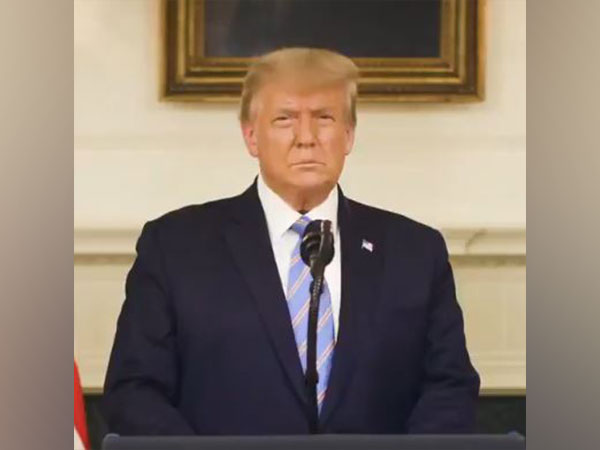Election Tensions: Trump's Potential Plan B
As the U.S. presidential election approaches, Donald Trump signals he may not accept results if defeated, echoing his 2020 claims of fraud. Potential refusal to concede to Kamala Harris could incite political instability. Recent reforms limit candidate challenges, while both parties prep for potential legal battles.

Republican presidential candidate Donald Trump has announced that he plans to contest the upcoming election results if he loses, reviving claims of fraud similar to those he made in 2020. In a statement at a Michigan rally, Trump asserted that cheating is the only way he would be defeated.
A refusal by Trump to concede to Democratic rival Kamala Harris would likely plunge the U.S. into further political turmoil, already exacerbated by deep divisions. In 2020, Trump and his allies unsuccessfully attempted to overturn the election results through a slew of failed lawsuits.
Observers note that Trump lacks the presidential power he once had, with new laws in place to prevent undue influence on election outcomes. Despite this, both parties are primed for legal confrontations, filing multiple lawsuits and organizing poll watchers to oversee election proceedings.
(With inputs from agencies.)










